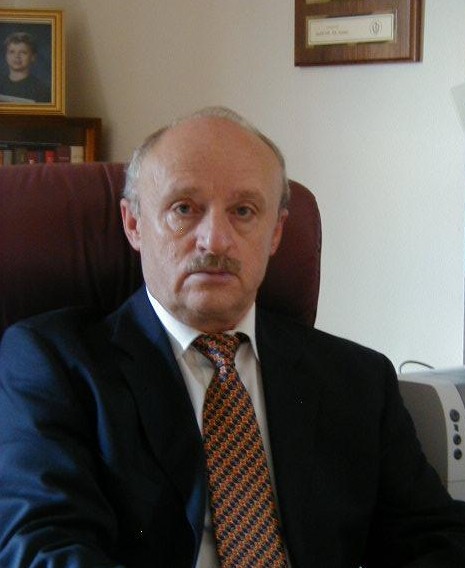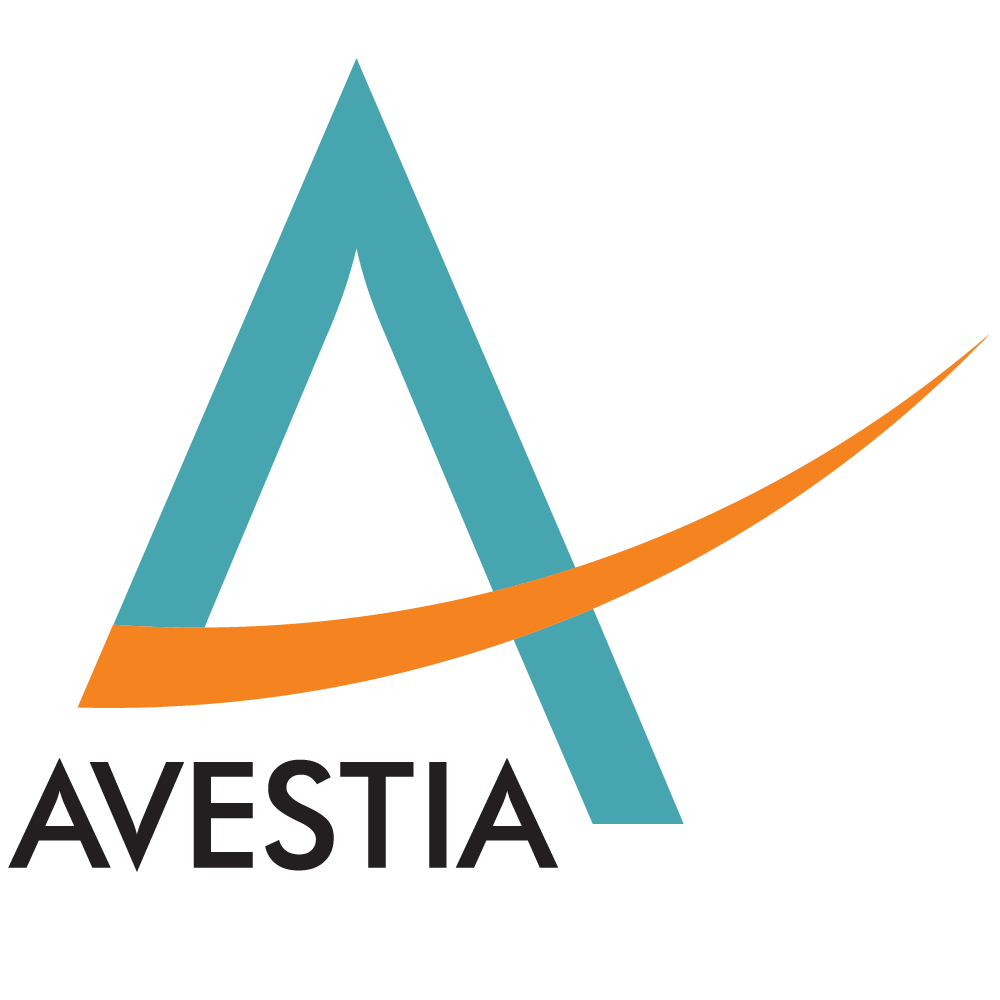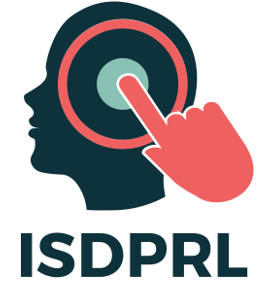EECSS is aimed to become one of the leading international annual congresses in the fields of electrical engineering and computer systems and science. The congress is composed of 5 conferences. While each conference consists of an individual and separate theme, the 5 conferences share considerable overlap, which prompted the organization of this congress.
CIST'19 - 4th International Conference on Computer and Information Science and Technology
MHCI'19 - 6th International Conference on Multimedia and Human-Computer Interaction
MVML'19 - 5th International Conference on Machine Vision and Machine Learning
ICBES'19 - 6th International Conference on Biomedical Engineering and Systems
EEE'19 - 5th International Conference on Electrical Engineering and Electronics
This congress will provide excellent opportunities to the scientists, researchers, industrial engineers, and university students to present their research achievements and to develop new collaborations and partnerships with experts in the field.
Submissions
Submissions in the form of extended abstracts, short papers, and full manuscripts are welcome. Authors are invited to submit their papers by February 9, 2018.
- all submitted papers will be peer-reviewed
- the congress proceedings will be published under an ISSN and ISBN number
- each paper will be assigned a unique DOI number by Crossref
- the conference proceedings will be indexed by Google Scholar
- the proceedings will be permanently archived in Portico (one of the largest community-supported digital archives in the world).
- selected papers from the congress will be submitted for possible publication in the one of the journals below (publication fees may apply).
Learn More »
Congress Chairs
International ASET Inc. is proud to present Prof. Luigi Benedicenti as the Congress Chair the 5th Electrical Engineering and Computer Systems and Science (EECSS'19).
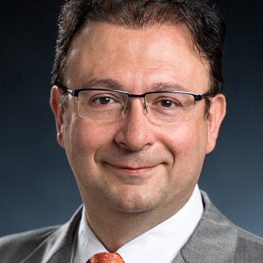

Keynote Speakers
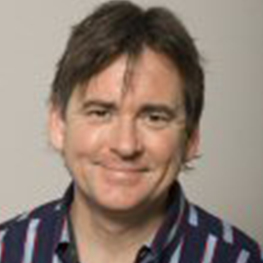
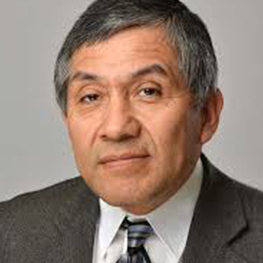
Dr. Aparicio Carranza
New York City College of Technology, USA
CIST'19 Keynote Speaker
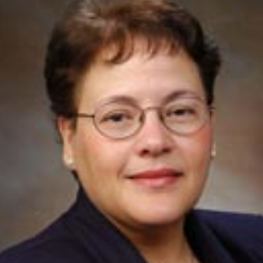
Dr. Dalila B. Megherbi
University of Massachusetts, Lowell, USA
MVML'19 Keynote Speaker
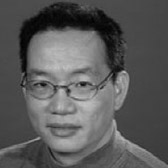

Dr. Dominique P. Pioletti
École Polytechnique Fédérale de Lausanne, Switzerland
ICBES'19 Keynote Speaker
